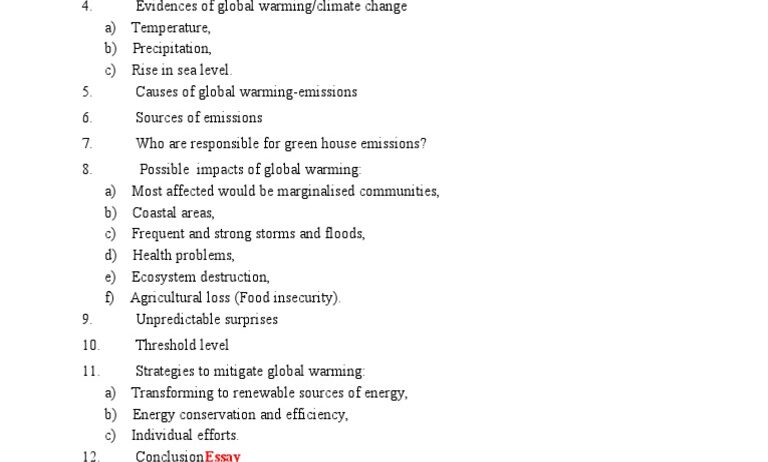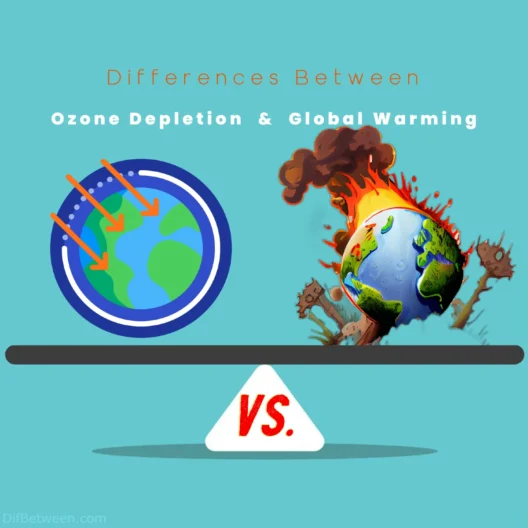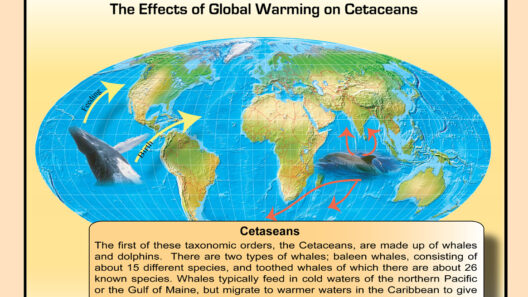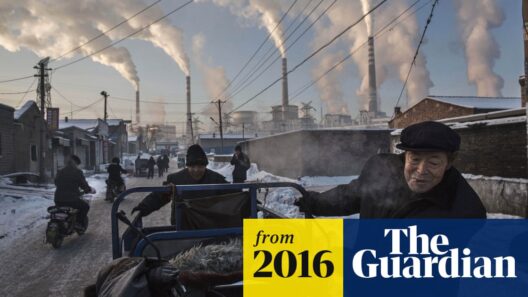Global warming, an insidious phenomenon characterized by the gradual increase in Earth’s average surface temperature, has engendered profound transformations across the globe. This climatic aberration, precipitated largely by anthropogenic activities, notably the combustion of fossil fuels and deforestation, has far-reaching implications that resonate beyond mere temperature fluctuations. Understanding what global warming truly means for our planet in the immediate present is paramount as we navigate an epoch marked not only by ecological upheaval but also by a renewed sense of urgency surrounding climate action.
The pervasive impacts of global warming are inextricably linked to the intricate interplay between atmospheric, terrestrial, and oceanic systems. As temperatures rise, ice sheets and glaciers melt at alarming rates, resulting in rising sea levels that encroach upon coastal communities. This gradual inundation threatens the livelihoods of millions who rely on coastal ecosystems for sustenance and employment. The specter of displacement looms large, with projections estimating that climate-related migration could displace over 200 million people by 2050, creating geopolitical tensions and straining resources in urban centers worldwide.
Moreover, the phenomenon of global warming exacerbates the frequency and intensity of extreme weather events. The once-rare occurrences of hurricanes, floods, droughts, and heatwaves are now becoming more commonplace. Scientists have cataloged a disturbing uptick in the severity of storms, attributing this pattern to elevated sea surface temperatures that fuel tropical cyclones. Additionally, regions traditionally considered temperate are experiencing unprecedented heatwaves and altered precipitation patterns, leading to agricultural stress and food insecurity. The implications for global food systems are dire; an increase in crop failures due to unpredictable weather patterns threatens not only the economy but also the very fabric of societal stability.
The ecosystems that underpin the planet’s biodiversity are also at the mercy of global warming. As temperatures rise, habitats undergo shifts that render them inhospitable for many species. Coral reefs, often dubbed the rainforests of the sea, are experiencing bleaching events as ocean temperatures soar, resulting in significant biodiversity loss. The plight of species facing extinction due to habitat loss, altered food webs, and shifting migration patterns illuminates the precarious balance of interdependent life forms. The extinction of a single species can reverberate through ecosystems, triggering cascading effects that compromise ecological integrity and resilience.
The social ramifications of global warming are equally profound. Vulnerable populations, particularly in developing nations, bear the brunt of climate change’s impact. Limited resources hinder their capacity to adapt, rendering them susceptible to health risks associated with heightened temperatures and air quality degradation. The World Health Organization estimates that climate change could cause an additional 250,000 deaths annually between 2030 and 2050, primarily due to malnutrition, malaria, diarrhea, and heat stress. As public health systems grapple with these challenges, the disparities between wealthier nations and impoverished communities become glaringly evident.
In addressing these contemporary challenges posed by global warming, it is crucial to recognize the role of policy and governance. The Paris Agreement, a pivotal international treaty, aims to unite nations in the collective endeavor to mitigate climate change by limiting global temperature rise to well below 2 degrees Celsius. Success hinges on the commitment of governments, businesses, and individuals alike to embrace sustainable practices and reduce greenhouse gas emissions. Transitioning from fossil fuels to renewable energy sources is not just an environmental imperative but also an economic opportunity, fostering innovation and job creation in emerging green industries.
Moreover, fostering resilience through individual and community action plays a critical role in addressing the climate crisis. Grassroots movements advocating for sustainable practices, conservation, and education are instrumental in galvanizing public support and raising awareness. Engaging local communities in initiatives such as reforestation, sustainable agriculture, and conservation efforts can mitigate some adverse effects of global warming, demonstrating the power of collective action. The phenomenon speaks not only to the challenges of our time but also to the indomitable spirit of humanity in the face of adversity.
The urgency to confront global warming necessitates an interdisciplinary approach. Scientists, economists, sociologists, and policymakers must collaborate to forge innovative solutions that span multiple sectors. By integrating technological advancements with indigenous knowledge and traditional ecological practices, societies can develop resilient frameworks capable of withstanding the vagaries of climate change. Systems thinking and holistic approaches are fundamental; only by understanding the interconnectedness of natural and human systems can effective strategies to combat global warming be envisioned and implemented.
The fascination with global warming lies not solely in its challenges but also in its potential to catalyze transformative change. As the world grapples with the implications of a warming planet, society stands at a crossroads. A collective shift toward sustainability, resilience, and equity can redefine our relationship with the natural world and foster a legacy of stewardship for future generations. The clarion call to action is clear: the time for contemplative reflection has passed; proactive measures and genuine commitment to combat the existential threat of global warming must define this era.
Thus, as we navigate this turbulent landscape, it is imperative to grasp the intricate nuances of what global warming means for the world now. Recognizing the complexities and interdependencies at play unveils a deeper understanding of the challenges we face and the opportunities we can seize. In this endeavor, informed discourse, innovative solutions, and unwavering commitment will dictate the trajectory of our planet’s future.








